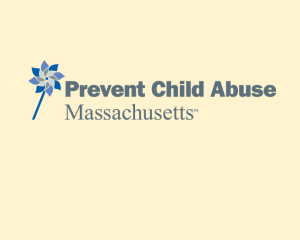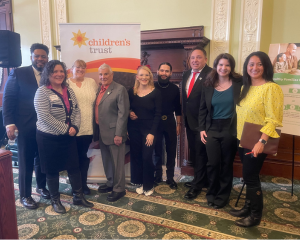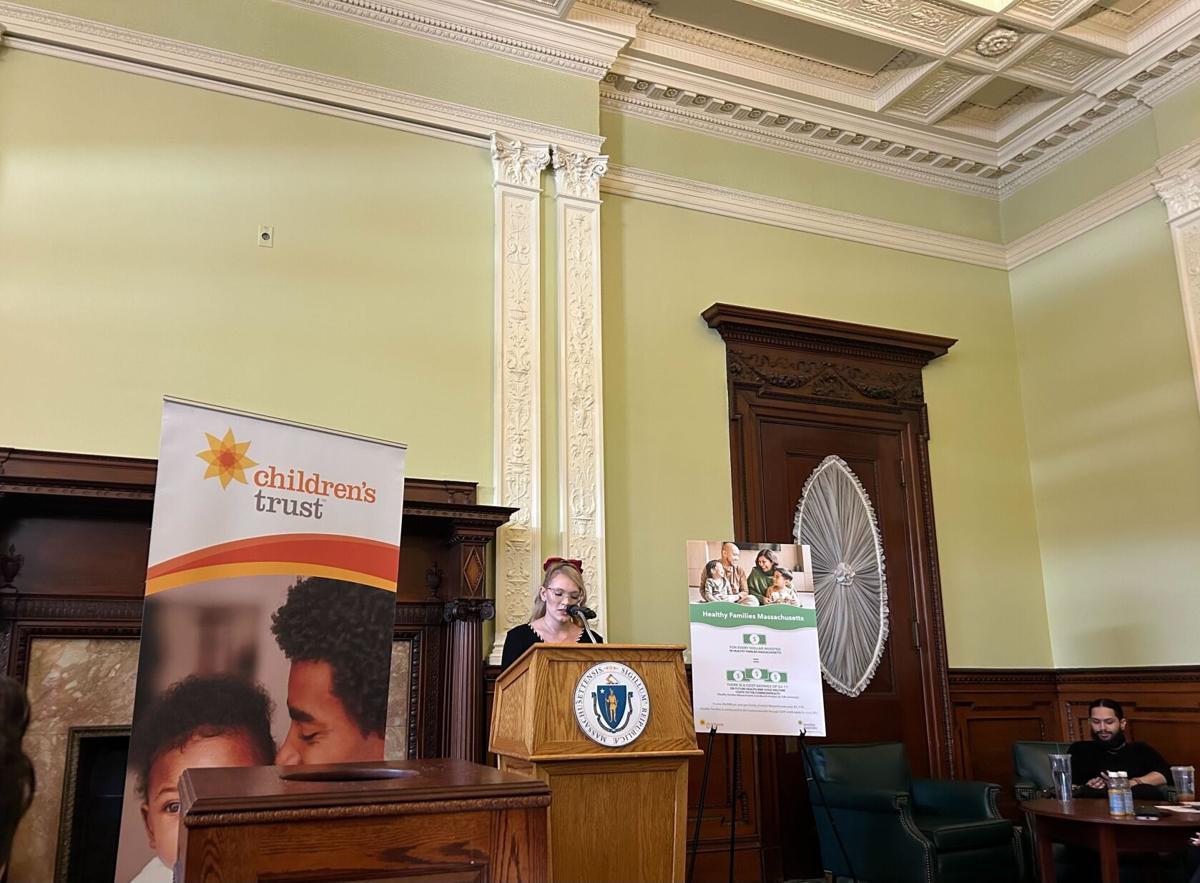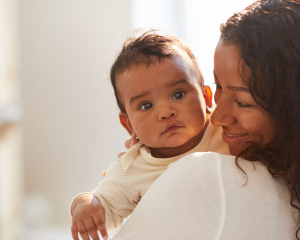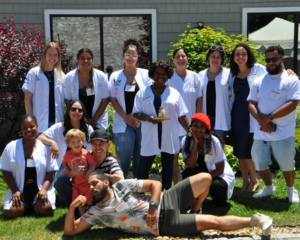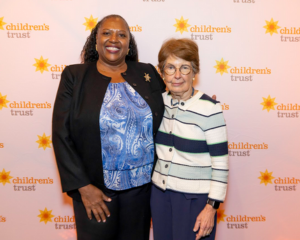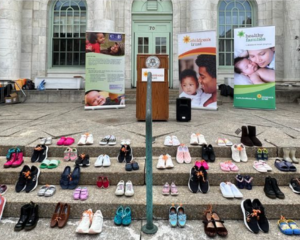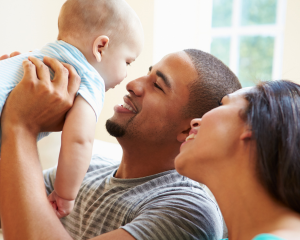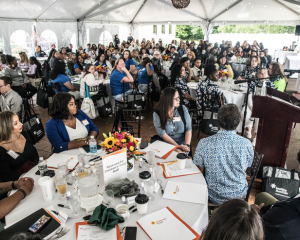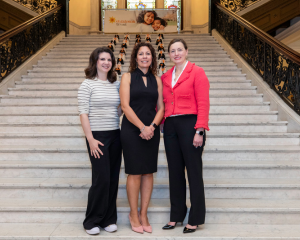The National Association of Maternal and Child Health Programs recently featured a piece authored by Haji Shearer, Director of The Fatherhood Initiative at the Children's Trust, focused on the child and maternal health benefits of involving fathers in home visits.
Read the piece below or click here for the full newsletter.
Supporting Maternal and Child Health by Involving Fathers on Home Visits
By Haji Shearer
Director of the Fatherhood Initiative, The Children’s Trust
What do fathers have to do with Maternal and Child Health? A lot! According to research, infant child mortality, duration of breastfeeding, and many other indicators of MCH, are significantly impacted by the involvement of a child’s father. So why aren’t we discussing father involvement more in the field of Maternal and Child Health?
A study published in 2010 by the University of South Florida showed that more babies survive when fathers are involved, “The neonatal mortality rate of infants born to women with absent fathers (of the infant) is nearly four times that of their counterparts with involved fathers.”
Additionally, “Women with absent fathers have a higher prevalence of maternal obstetric complications, are less likely to get adequate prenatal care, and more likely to smoke.” The authors concluded, “Our study suggests that significant proportion of infant mortality could be prevented if fathers were to become more involved.”
Less infant mortality, that’s good news. More mothers breastfeeding is also good news. A paper published in 2000 by the American Academy of Pediatrics conducted a survey with bottle-feeding mothers in which the single most important factor contributing to bottle-feeding was “baby’s father’s feelings.”
This paper also referenced another study that investigated mothers’ perception of the fathers’ attitudes toward breastfeeding and discovered that, “Generally, fathers had more positive attitudes than their partners expected.” More reasons to get dads involved and actually talk with them and moms about breastfeeding.
MCH Professionals are charged with involving fathers. The HRSA Maternal and Child Health Research Mission requires the field to employ “an integrated view of families, their health, and wellbeing over the lifespan and across generations.” It has never been possible to fulfill this mission without including fathers, but now more than ever it’s impossible to execute this charge and ignore or minimize the active role that many dads play in the lives of their children and the mothers of their children.
Although the percentage of children who grow up in father absent homes has tripled since 1960, the traditional roles of fathers and mothers have become more flexible and today’s dads are doing tasks that were once reserved for moms and vice versa. According to the American Psychological Association position paper on The Changing Role of the Modern Father, “Today’s fathers have started to take on roles vastly different from fathers of previous generations.”
I work for the Children’s Trust, Massachusetts’ leading family support organization. We administer Healthy Families Massachusetts (HFM), a state-wide, newborn, home visiting program that supports young, first-time parents. We are committed to working with both parents because there is overwhelming evidence that children do better in almost every important outcome measure when both parents are involved in their lives.
Studies compiled by the U.S. Administration for Children and Families show responsible father involvement increases a child’s school readiness and behavior; cognitive, motor, and verbal development; security, confidence, and attachment; and the ability to make wise life choices.
Not every child will have a dad involved and many great moms raise fabulous children without a father present. Our program reaches out to fathers to give a child every possible advantage that he or she can have. So, it seems the reason why MCH professionals don’t discuss father involvement more is we are still operating within a model of gender roles and social structure that has radically changed in the last fifty years.
Home visiting programs can play a critical role in supporting this positive social change. HFM has promoted the importance of father involvement on home visits since our program began in 1998. We ask referrals for contact information on fathers. We ask mothers to invite dad to visits and if there are safety reasons why dad cannot be involved we work with mom to create a plan to keep her and baby safe. Supervisors ask about the status of fathers in each family on an ongoing basis and we provide technical assistance for programs to help overcome obstacles they face in engaging fathers.
People pay attention to what is measured, so we have kept data on the number of fathers who participate since our program began. In FY2013, this focus resulted in over 6,800 home visits with the baby’s father present. We include biological and non-biological fathers in our data to honor the blended family formations we often encounter. That’s a lot of opportunities to prevent infant mortality, promote breastfeeding and support Maternal and Child Health.
